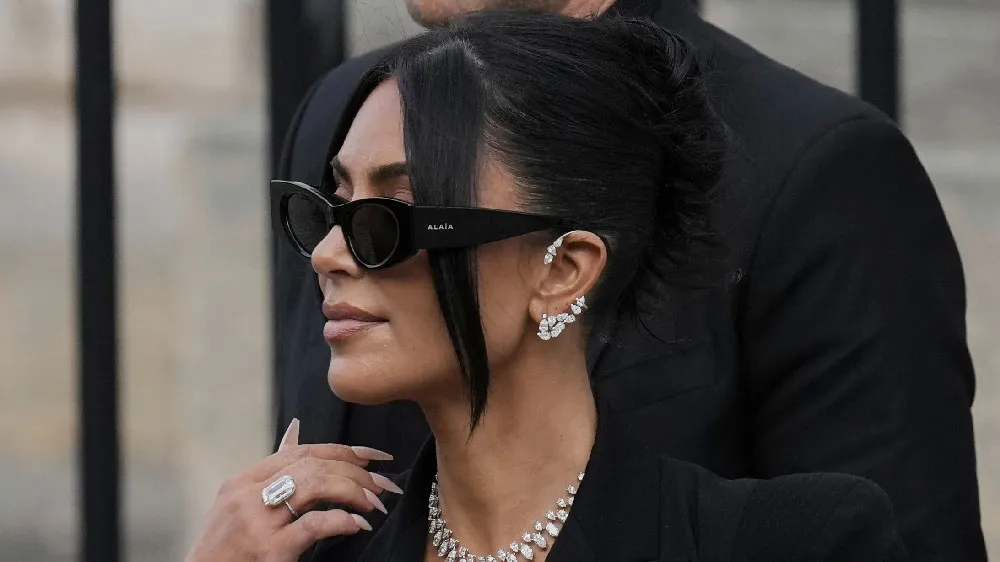January 9, 2014
Confusion Resonates For Same-Sex Utah Couples
Bobby McGuire READ TIME: 4 MIN.
SALT LAKE CITY -- Michael Mathie proposed to his partner Tyler McCraley on Christmas and obtained a marriage license the next day. They made plans for a wedding but couldn't carry through with it because the Supreme Court put same-sex marriage on hold before they could tie the knot.
Aleksandra Eker and her partner went through with their wedding on Dec. 23 at their local county clerk, but their marriage wasn't recorded before the Supreme Court's ruling. Now, they don't know whether they are legally married after Gov. Gary Herbert instructed state agencies Wednesday to freeze all actions regarding same-sex marriages until a federal appeals court rules.
Confusion is resonating throughout Utah after a two-week rush on gay marriages was brought to a sudden halt this week.
Couples find themselves in various stages of limbo now that everything has been put on pause. Plans to file taxes jointly, get spouses on health insurance or get partners recognized as adoptive parents are on hold.
State and county officials are struggling to understand the shifting legal landscape, too, waiting on guidance from attorneys on sticky situations.
That landscape shifted a bit more Wednesday morning when Herbert's office told state agencies to hold off on proceeding with any new benefits for the newly-married gay and lesbian couples.
Agencies aren't supposed to revoke anything already issued, such as a marriage certificate or a driver's license with a new name, but they are prohibited from approving any new marriages or benefits.
The validity of the marriages will ultimately be decided by the Denver-based 10th U.S. Circuit Court of Appeals, and maybe in the future, the U.S. Supreme Court, said Derek Miller, the governor's chief of staff.
"We're not trying to void them, we're not trying to nullify them," Miller said. "We're just hitting the pause button on everything until the court gives us further direction."
The governor's guidance drew rebukes from attorneys representing three same-sex couples who brought the lawsuit that led to the federal judge's decision and the American Civil Liberties Union of Utah. They believe the marriages are valid, and that the couples should be able to get benefits bestowed upon any married couple.
"Regardless of how the state believes the 10th Circuit will ultimately rule, these couples are legally married and the state should treat them accordingly," said attorney Peggy Tomsic in a statement.
Miller recognizes there are situations regarding marriages or benefits that won't be resolved easily and require case-by-case analysis.
One of those is playing out in northern Utah in Weber County. There are about 30 couples who were married before the Supreme Court ruling, but their finalized marriage certificates had not yet been completed due to caseloads, Weber County Clerk Ricky Hatch said.
County attorneys there have told Hatch to set those marriages aside until they consult with other county attorneys around the state. Hatch says it's the "stickiest" area he's facing.
Eker, 26, and her partner are one of these couples and are not happy.
"It's very disappointing. I understand there's going to be bumps in the road to get where we want to be," Eker said. "But we were legally married. To take that away is a travesty."
The one thing everyone in Utah can agree on is that the last few weeks have been a whirlwind since the surprise Dec. 20 ruling by U.S. District Judge Robert Shelby, who said the state's ban on same-sex marriage violated gay and lesbian couples' constitutional rights.
"It has been a roller coaster of emotion for us," said McCraley.
He and his partner are among dozens, maybe hundreds, of couples who missed out on their chance to be legally married because they were waiting to have ceremonies with family or friends present. McCraley said they wanted Mathie's two children to be involved in the ceremony, which was planned for Saturday.
Couples who did not solemnize the marriage before the Supreme Court ruling won't be considered legally married, Salt Lake County Clerk Sherrie Swensen said. A marriage license itself means nothing unless there is a ceremony with an officiator and two witnesses, she said.
"We were totally devastated," McCraley said. "The biggest push for us to get married is to show the kids we were in this for the long haul. We definitely wanted them to be a part of it."
County clerks have yet to tabulate how many same-sex couples who obtained licenses failed to make their unions official, but Megan Risbon of the Utah Pride Center estimates there be may a couple hundred people who fall into this category. More than 1,000 gay and lesbian couples took home marriage licenses in the past two weeks.
Her organization and other gay marriage proponents made sure there were plenty of marriage officials at the county clerk offices in the days after the Dec. 20 ruling. Risbon said they were encouraging everyone to finish the process right then and there, in case a court granted the state's request for a halt.
But, some people needed or wanted more time, she said. Many were waiting to hold ceremonies until out-of-town family and friends could make it in. The family of one lesbian couple was driving from Colorado on Monday for a ceremony this week.
"It's heartbreaking," Risbon said. "These couples waited and now they just can't."
Utah state officials aren't happy about how it's all turned out, either. They say had their first two requests for an emergency halt to the weddings been granted by lower courts, the confusion would have been reigned in.
"This was just the kind of chaos and uncertainly we hoped to avoid," Miller said. "But, it's where we're at now and we need to do the best we can."


